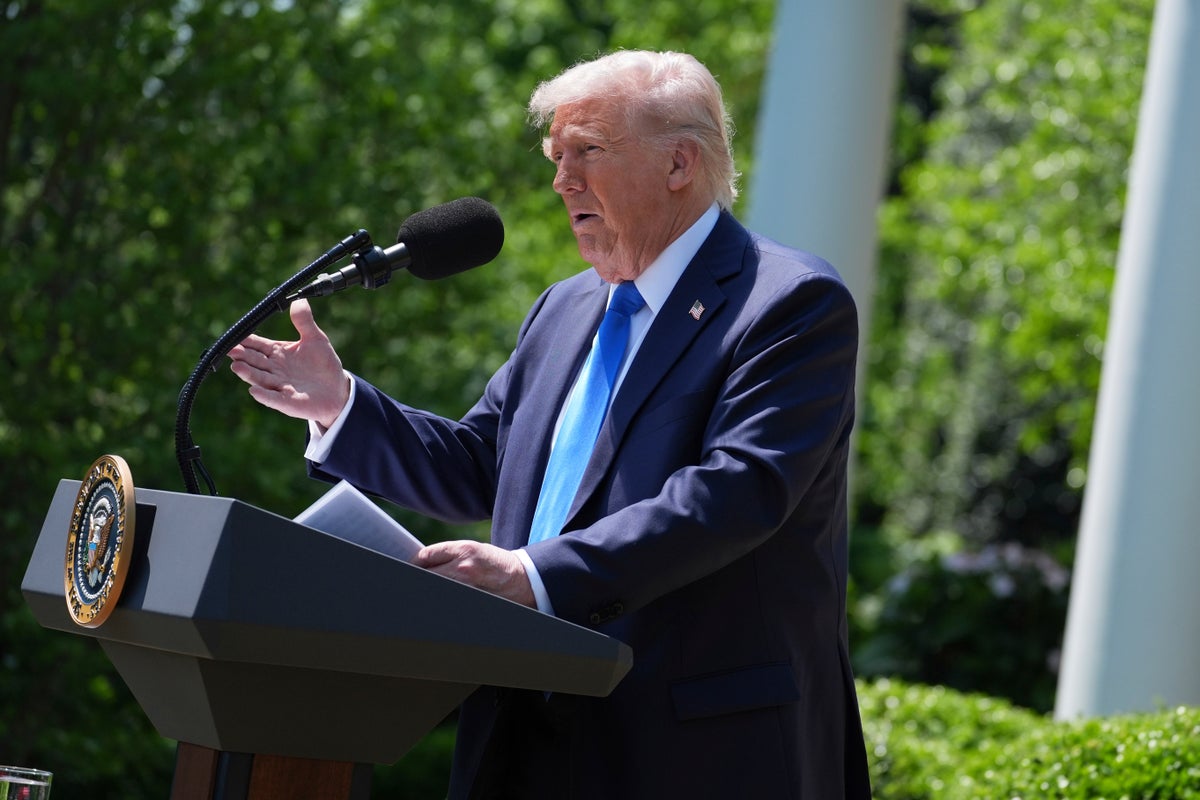Divine Intervention or Political Provocation? Trump Blends Prayer and Partisan Rhetoric in Controversial Address

In a passionate address, the president highlighted the intricate connection between economic hardship and religious practice. "This sacred ceremony isn't just a ritual—it's a testament to faith's resilience," he explained. "When economic pressures mount and taxes skyrocket by 68 percent, people might feel compelled to abandon their spiritual traditions. But this ceremony demonstrates the strength and commitment of believers who remain steadfast despite challenging circumstances."
The president's remarks underscored the profound relationship between economic stability and religious devotion, emphasizing how communities can maintain their cultural and spiritual identities even in the face of significant financial strain.
